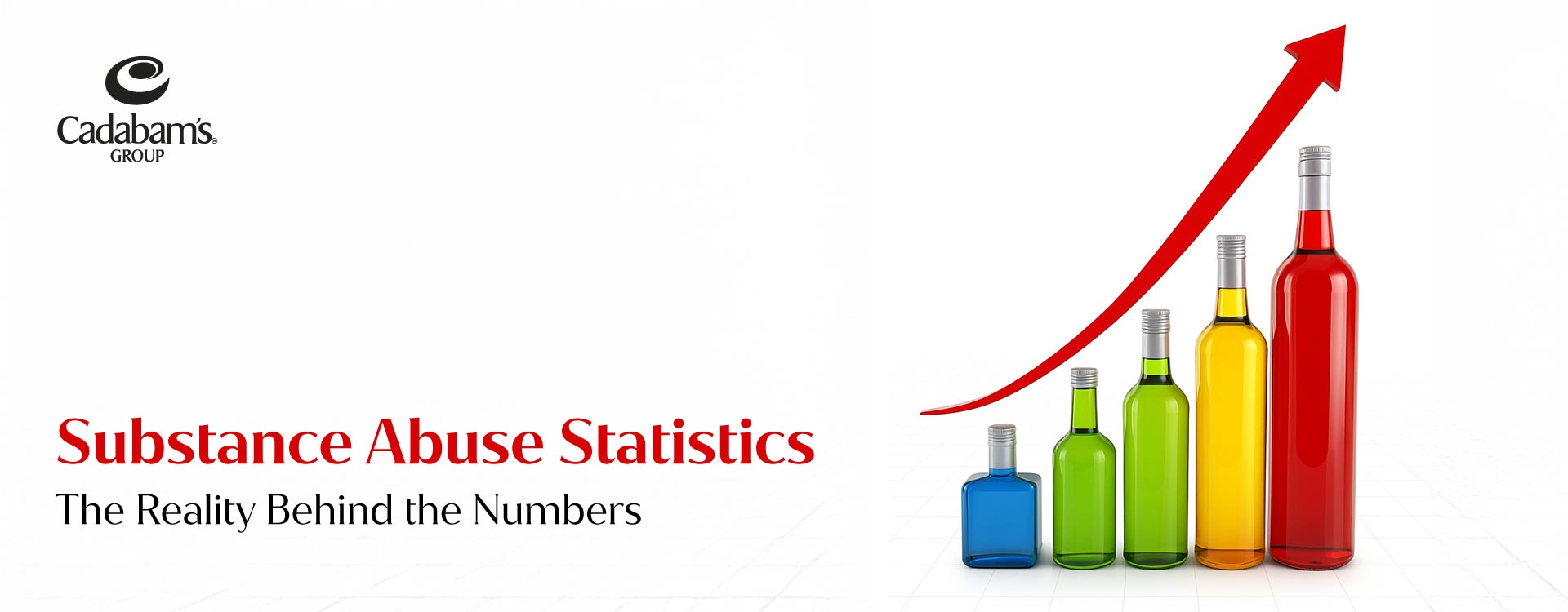Heroin is a drug that can cause serious physical dependence. And when heroin addiction goes out of hand, a person has to be encouraged to seek help from an addiction help center that treats the underlying problem in a holistic manner during recovery as well as through an aftercare program. It is possible to control the situation and prevent it from worsening. All one needs is to watch out for the Signs of Heroin Use that signal an addiction and take action immediately.
How to Spot Signs of Heroin Use in your dear one
Look for these signs of heroin use:
- Dry mouth, causing excessive thirst.
- Constricted pupils is another indication. Many drugs of abuse can cause this, but it will be present with heroin.
- Being sleepy at odd times is another indication of heroin abuse.
- Wakefulness and marked alertness can be seen with smaller doses, but these will usually be short-lived and soon give way to the lack of attention and sleepy demeanor.
- Nausea is one of the common signs of heroin use. Vomiting and other digestive problems such as stomach cramps and diarrhea are common and even expected by heroin addicts. Eventually, as a result of frequent vomiting, stomach acid, deposited on teeth can cause rapid dental decay and tooth loss.
In addition to the above-mentioned signs, you also come to see Injection marks on legs, arms, legs, between toes and fingers, will show holes and infected suppuration and bumps, and along with the formation and discharge of the pus. Such kind of wounds can become serious and as well as life-threatening due to lack of attention.
The above signs are the physical symptoms to check in your close one and there are psychological symptoms to see also. Here they are:
Psychological Symptoms of taking Heroin
- Continuing an addiction despite negative effects – When an addiction takes over, the affected person has the tendency to ignore the red flags and continue pursuing the substance or a habit regardless of the impact it might have on physical and psychological health, relationships or job.
- Quitting social events – Those addicted could become so obsessed with their addiction that over time, they may quit attending social gatherings they liked before as the events may not give them the opportunity or time to use their substance of abuse.
- Suffering from withdrawal symptoms – When a person tries to quit the addiction, he/she may suffer from severe withdrawal symptoms. This is because the body gets so used to a substance that it gets distressed in its absence. The withdrawal symptoms could be physical as well as psychological, and in some case life-threatening too.
- Keeping addiction as a secret – People tend to mask addiction by keeping it a secret. They fear being judged, so they try to hide their habit from friends and family.
- Increased tolerance – When an addiction develops, over time, the body starts getting used to it and to produce the same high, it needs more amount of the substance, leading to tolerance. Addiction can take over mind and body completely.
- Not being able to stop – Addiction can be so overpowering that despite the best of intentions, a person is just not able to quit or taper off. One loses self-control and allows himself/herself to be swayed by it.
- Taking risks – An addicted brain has a tendency to take risks. Under the influence of a substance, one might lose his or her guard and indulge in risk-taking behavior. An addicted person might steal something, indulge in unsafe sexual practices, drive under the influence or pick up fights and get abusive.
- Making excuses – When a person develops an addiction, his/her life becomes a web of lies and excuses. When friends and loved ones express concern, he/she may resort to all the means to evade them and shut himself/herself in their own world.
Seek help before it’s late: Where to Get help for Heroin addiction treatment?
Fortunately, it is possible to deal with heroin addiction if one agrees that he or she has a problem and is willing to take help for the same. Delaying the matter will worsen health and diminish chances of full recovery.
Addiction to heroin can develop rapidly. Getting the person to treatment today will definitely be his or her best chance for a speedy and complete recovery.
If you know someone who is looking for evidence-based drug addiction treatment for Heroin, contact Cadabam’s Anunitha Helpline. The experts are available to help you with the information on relevant therapeutic programs for addiction recovery and connect you to the best treatment.
For more advice regarding addiction or help in finding the best treatment for heroin addiction, contact us at 96111 94949. If you or someone you know is using heroin, please encourage them to seek medical treatment.
.webp)
.jpg)






